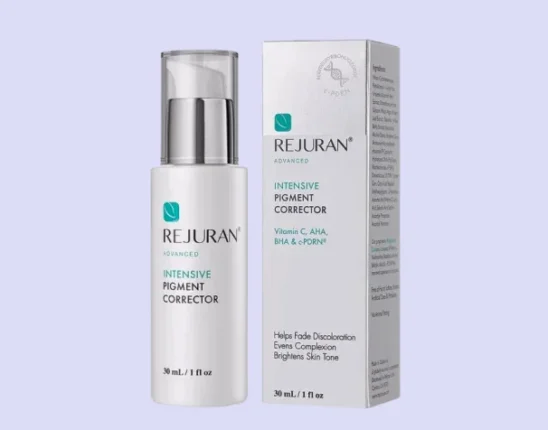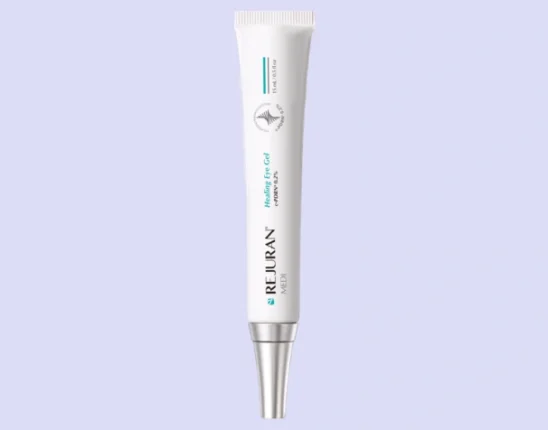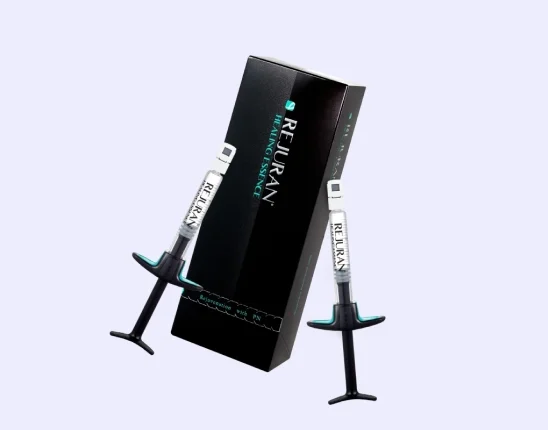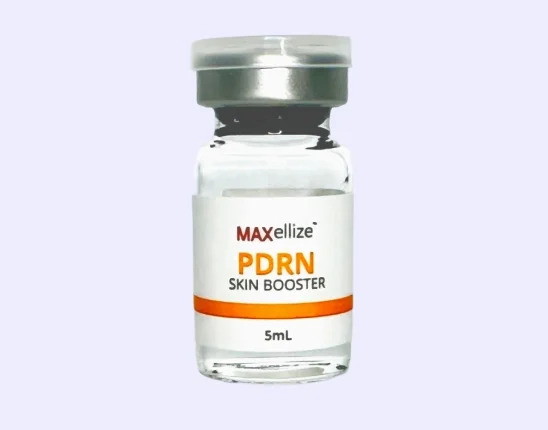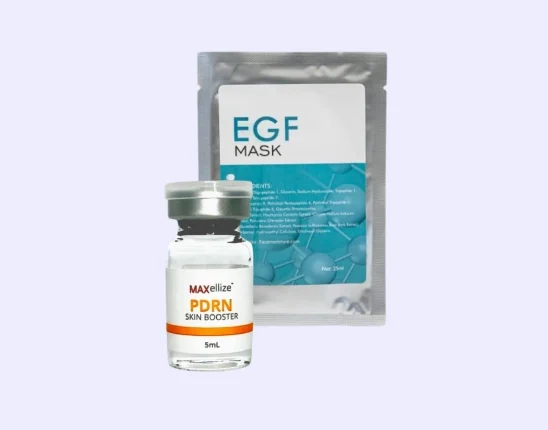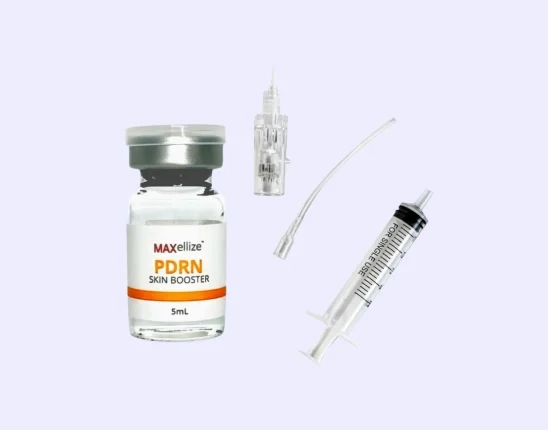You don’t have to accept it anymore that your hair and skin are aging. The science is here to slow down aging and even bring back youthful-looking skin drastically. Fibroblast Growth Factor is revolutionizing how we treat our aging skin and hair.
Fibroblast Vs. FGF
Scientists discovered Fibroblast Growth Factor (FGF) in pituitary extracts in 1973. FGFs exert their physiological roles through regulating developmental pathways, controlling events in the early embryo through the development of multiple organ systems. A defining property of FGFs is that they bind to heparin and heparan sulfate.
Fibroblast are cells that are involved in crucial elements for healthy skin and hair development. These cells generally act as circulating molecules that activate surface receptors. Put simply, they rejuvenate the skin and hair to promote new growth.
Utilizing the fibroblast growth factor will give your skin new life and grant thickness and even growth to your hair. How can you start using FGF?
We at FACE have a groundbreaking product that can support you in maintaining youthful skin and hair.
Pep Factor is designed from the ground up to enhance Fibroblast cells. FGF regulates a range of various biological functions, including cellular proliferation, survival migration, differentiation as well as the regeneration of tissue, including skin and hair follicles. UMA’s research laboratory has created this unique formula.
How does it work?
Effects On Skin
Skin is the largest organ of the human body, protecting it against external aggressions, such as microorganisms, chemicals, and physical agents, including sun rays. Aging is a complex and constant biological process characterized by cellular and molecular changes, with progressive reduction of the body’s capacity to keep homeostasis and an increase in senescence and apoptosis. This process varies between individuals and from organ to organ, and skin exhibits the effects of the passage of time most evidently.
Also, the use of ultraviolet radiation, excessive alcohol consumption, tobacco abuse, environmental pollution, and other factors can influence and accelerate this physiological process, causing premature skin aging.
Healing the Skin
By stimulating the proliferation of cells such as fibroblasts, growth factors play a significant role in the skin repair process, inducing reepithelialization through the replacement of disorganized collagen and elastin structures and the reposition of the extracellular matrix in aged skin.
The use of growth factors is a new anti-aging strategy to rejuvenate and reverse the signs of photoaged skin. Understanding the role of growth factors in wound healing may predict their role in skin infrastructure remodeling and skin rejuvenation.
Hair Growth
In this study, the researches compiled plenty of evidence to support the powers of FGF for the use of hair regrowth. Here are some of the results observed in the study.
- By week three, they observed substantial hair growth on subjects.
- Increase in the number and the size of hair follicles during the anagen phase
- At four weeks, only the control group showed significant expression of β-catenin
The evidence and testing of FGF on hair growth are substantial, and I invite you to read that full report to see how extensive the research was.
In Conclusion
Evidence shows that FGF works, and at FACE, we have the products necessary for you to use on your hair and skin. Start rejuvenating your skin to maintain
